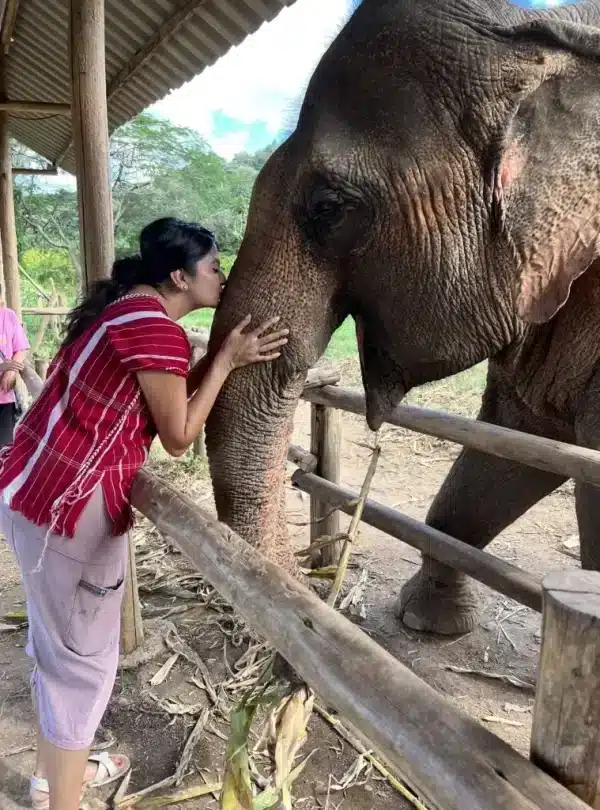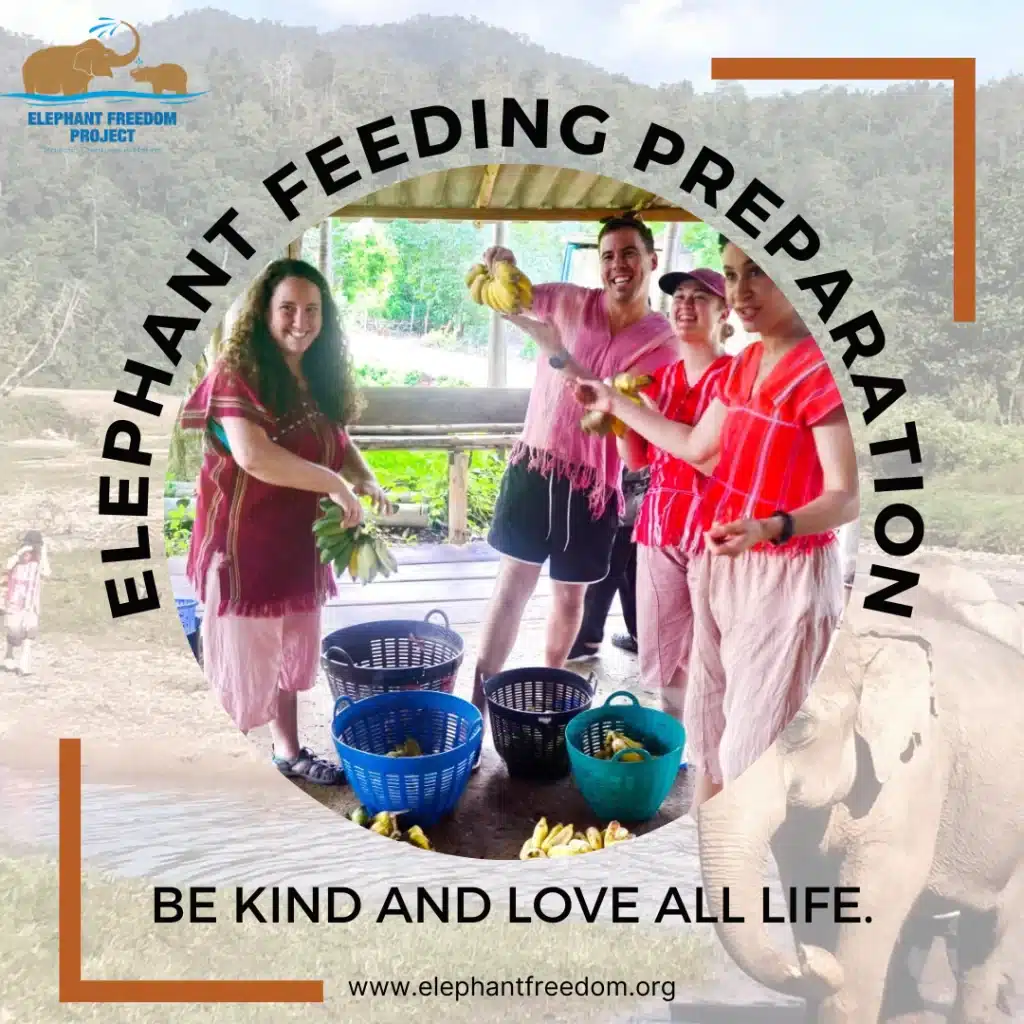A Study on Elephant Welfare, Chiang Mai’s Ethical Elephant Sanctuaries
Ethical Elephant sanctuaries in Chiang Mai, Thailand, have gained a lot of attention over the years for their commitment to the welfare of these magnificent creatures. Unlike traditional elephant camps that offer rides and shows, these ethical elephant sanctuaries prioritize the well-being and happiness of elephants. In this comprehensive study, we will delve into the practices and initiatives implemented by these sanctuaries to improve elephant welfare.
Introduction
Thailand has long been known for its association with elephants, often being depicted as a symbol of the country. Unfortunately, the traditional practices involving elephants have not always been favorable for their welfare. Logging, street begging, and entertainment shows have put a tremendous strain on these gentle giants, leading to their mistreatment and abuse.
The Importance of Ethical Elephant Sanctuaries
Elephants are complex social animals that require specific conditions for their physical and mental well-being. Ethical sanctuaries strive to provide these conditions by allowing elephants to live in a more natural environment, promoting natural behaviors, and avoiding exploitation.

Providing Adequate Space and Freedom
Chiang Mai’s ethical elephant sanctuaries recognize the importance of providing ample space and freedom for elephants. Elephants need vast areas to roam, socialize, and engage in natural behaviors. Sanctuaries have established large enclosures or open areas that mimic their natural habitat, allowing elephants to move freely and interact with their companions. By creating these spaces, sanctuaries allow elephants to exhibit their instincts and behaviors, such as foraging, bathing in rivers, and playing with each other.
This promotes their physical and mental well-being and enables them to lead a more fulfilling and natural life. In addition to providing ample space, sanctuaries also focus on the social aspect of elephant care. Elephants are highly social animals, forming tight-knit bonds within their herds. Sanctuaries ensure that elephants can interact and bond with their fellow residents, promoting community and reducing potential feelings of isolation or loneliness. Moreover, the natural habitat within these sanctuaries is carefully designed to resemble the diverse ecosystems found in the wild.
This includes the presence of various vegetation, such as grasslands, forests, and water sources, which are all crucial for the elephants’ physical and emotional needs. By simulating these natural environments, sanctuaries aim to provide a holistic experience that closely mirrors the elephants’ natural habitat. In conclusion, ethical elephant sanctuaries in Chiang Mai prioritize the well-being and freedom of elephants by offering them vast spaces that mimic their natural habitat. These spaces allow the elephants to roam, socialize, and engage in natural behaviors, promoting their physical and mental health.
Promoting Natural Behaviors
Another crucial aspect of elephant welfare in these sanctuaries is the promotion of natural behaviors. Elephants have a wide range of natural behaviors, including foraging, mud-bathing, dusting, bathing, socializing, and exploring their surroundings. Ethical elephant sanctuaries prioritize these behaviors by providing opportunities for elephants to engage in them.
Feeding and Healthcare
Ethical elephant sanctuaries in Chiang Mai greatly emphasize providing proper nutrition and healthcare to their resident elephants. A well-balanced diet is essential for these animals’ overall health and longevity. Sanctuaries work closely with veterinarians and animal nutritionists to develop appropriate feeding plans that mimic the elephants’ natural diet as closely as possible. This includes a combination of fresh fruits, vegetables, grasses, and specially formulated elephant pellets to ensure they receive all the necessary nutrients.
The sanctuaries emphasize organic and locally sourced produce to promote sustainability and reduce the environmental impact. In addition to proper nutrition, healthcare is a top priority for the elephants in ethical sanctuaries. Regular check-ups and vaccinations are conducted to prevent diseases and ensure their well-being. The veterinary team promptly addresses any signs of illness or injury, focusing on providing compassionate and effective treatment. Ethical sanctuaries also prioritize preventive care, such as regular foot care and dental check-ups.


Elephants’ feet are regularly inspected and trimmed to prevent overgrowth, which can lead to discomfort and health issues. Dental care, including regular teeth cleanings, is crucial to maintaining overall health, as dental problems can affect an elephant’s ability to eat and digest food properly. These sanctuaries understand that the well-being of their resident elephants is directly linked to their physical health. By focusing on proper nutrition and healthcare, they strive to provide these majestic creatures with the best possible quality of life.
Conservation and Research Efforts
In addition to providing a safe environment for elephants, sanctuaries in Chiang Mai actively contribute to conservation and research efforts. These sanctuaries often collaborate with local and international organizations to study elephant behavior, biology, and ecology. This research helps understand elephants’ natural habits and needs and plays a crucial role in developing effective conservation strategies.
Experts can learn about their communication patterns, social structures, and reproductive cycles by studying their behavior and biology. This knowledge is invaluable in ensuring the well-being and survival of these magnificent creatures. Moreover, these sanctuaries actively participate in conservation efforts by supporting anti-poaching and anti-trafficking initiatives. They work closely with government agencies and law enforcement to



